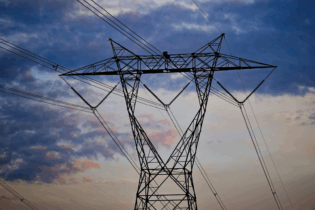The growing popularity and affordability of renewable energy technologies could potentially drive the country’s coal industry in a new direction.
This is the view of James McKay, spokesperson for energy solutions provider Energy Partners. Commenting on the recently updated Integrated Resource Plan 2018 (IRP) McKay notes that the plan contains a clear path for reducing coal generation in South Africa from approximately 70%, to around 44.6% of the total energy mix within the span of only twelve short years.A growing market for exports
According to this plan, renewable energy will be given an opportunity to play a much bigger role, accounting for around 25% of electricity generated in the country by 2030. “With that said, coal still has a major role to play in the future of South Africa, and a future reduction in demand from the utilities side, may in fact see this industry benefit significantly.” McKay explains that with clean-coal technology growing, the demand for coal on the international market is expected to continue growing. “The export market may hold more profitable opportunities for even the low-grade thermal coal that currently gets earmarked for power generation.“Our suggestion to Government, is to work towards finding methods of phasing out coal-based power generation even faster, and to use thermal coal in a way that can bring much more benefit to the country’s economy, namely through export,” he points out.






